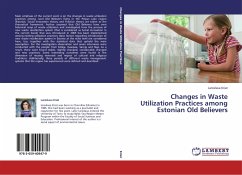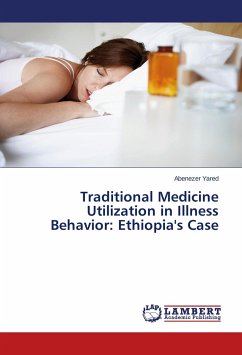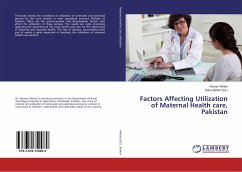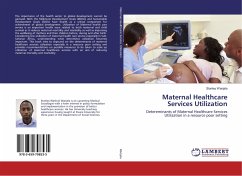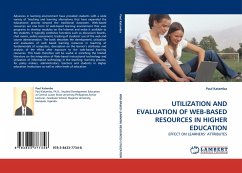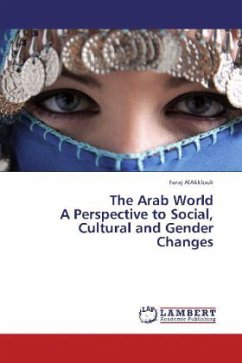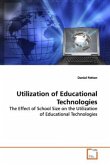Main emphasis of the current work is on the changes in waste utilization practices among rural Old Believers living in the Peipus Lake region (Estonia). Social innovation theory and Practice theory are taken as the theoretical framework. Author assumed that Old Believers have own historical ways of waste utilization and investigated how the process of new waste recollection system (that is considered as Social innovation in the current book) that was introduced in 2005 has been implemented among existing utilization practices. Basic factors regarding introduction of new waste recollection system in Estonia at the state level are considered here, too, together with the statistical data that uphold the main assumption. For the investigation observation and seven interviews were conducted with the people from Kolkja, Kasepaa, Varnja and Raja. As a result, there were found stable, slightly changed, considerably changed and new practices. Some interesting outcomes were found in the dimension of reusing materials and impact of cultural and religious traditions. Additionally, three periods of different waste management systems that the region has experienced were defined and described.

